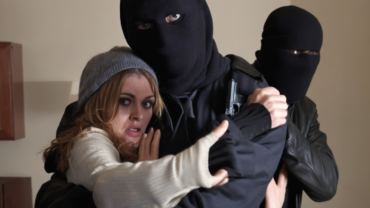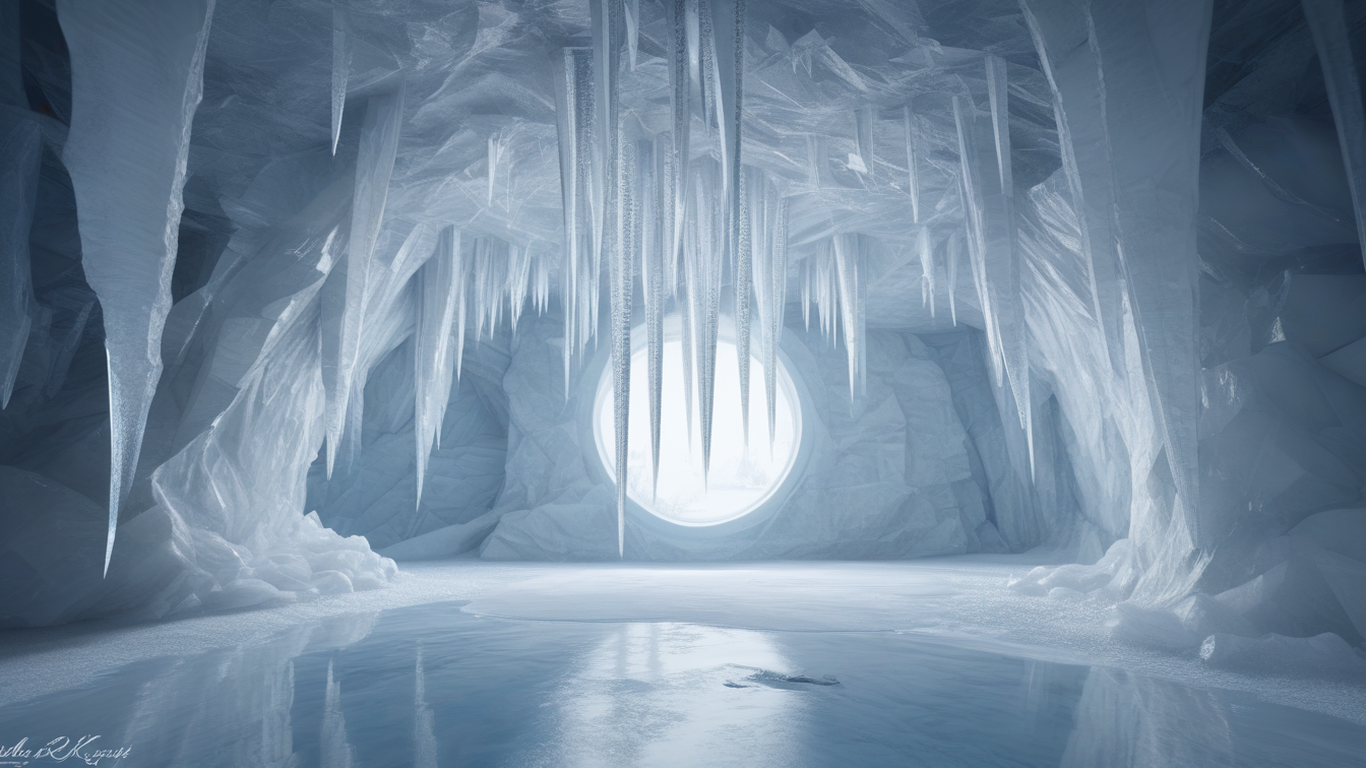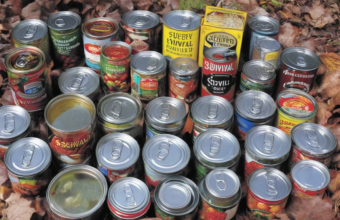Funny how one flicker of light—just one tiny interruption in the hum of everyday life—can unravel everything you thought was “normal.”
I was halfway through boiling pasta when the power cut out. Just like that. Silence. No warning, no rumble, just… gone. The kind of silence that grabs you by the throat—not violently, but with the eerie gentleness of realization. And I stood there. Water bubbling in inertia. Suddenly remembering every headline I skimmed over the last few weeks. Supply chain stuff. Rolling blackouts. Grid vulnerabilities. Oh, and that piece about the freak snowstorm in May—who knew snow had an ego?
But the thing is, I didn’t panic. No, not exactly. There was this weird peace. A click, like something settling into place. I had this quiet whisper in the back of my mind saying, Now would be a good time to be the one with a plan. And then the other voice, louder and smug, scoffed, Come on—you’re in your sixties. Let the younger folks scramble for batteries and bottled water. That voice is always a little dramatic, by the way.
Still—what if everything we’ve been told about prepping past a certain age is… just noise? Empty chatter. A social script written decades ago when people assumed 60 meant fading into the background, not gearing up for the next chapter. I mean, really—who decided prepping was for camo-wearing twenty-year-olds with bug-out bags and questionable YouTube channels? Somewhere along the way, we bought this idea that after a certain point, we just survive until we don’t.
But you’ve survived. And then some.
You’ve witnessed enough to know what resilience looks like. You’ve buried loved ones, rebuilt after heartbreak, handled layoffs and disappointments with more grace than you ever gave yourself credit for. If prepping is about mental strength, you’ve already been training for decades. If it’s about adaptability—hell, you lived through dial-up internet, cassette tapes, and whatever the 2020s are throwing at us.
And yet, people still assume you’re not cut out for this kind of thing. Like preparedness requires speed instead of insight. Like steady hands and calm thinking are liabilities, not strengths. Strange logic, right? Especially when you realize half the panic we see on the news could be eased by one person in every neighborhood having a few flashlights, a week’s worth of food, and a calm voice.
That’s the magic of quiet power. You don’t have to shout to be seen. Sometimes it’s the people who speak the least who move the most when it counts.
I saw this older couple last month during that unexpected hailstorm—weird weather again, because the climate forgot how to be normal—and while folks were scrambling for umbrellas that flipped inside out and cursing at their dead phones, this couple sat on a bench with thermoses and waterproof ponchos. Laughing. I kid you not, laughing. I wanted to ask them their secret. I didn’t. I just watched. And I remember thinking, That’s the kind of old I want to be. Prepared, not panicked. Respected, not pitied. Present.
This isn’t about fear. It’s about not needing to ask “what now?” when things go sideways. About waking up knowing that even if the grocery store closes, or the phone lines go dead, you’ve got options. Options are freedom. And freedom at this stage in life? That’s sacred.
Now, okay—I get it. The idea of learning a whole new prepping philosophy, buying gear, figuring out what’s necessary vs. nonsense—it can feel overwhelming. But here’s where it gets interesting: the most powerful preppers aren’t the ones with bunkers. They’re the ones who know themselves. Who can pivot. Who understand that staying calm is a skill, and planning is just self-care for the future.
The truth? Most of it’s easier than you think. Some of it’s even… fun. Organizing a discreet pantry. Learning to cook from scratch again (remember ration cookbooks?). Knowing how to heat water without electricity. It scratches the same itch as gardening or puzzles—only now it comes with a dash of confidence and an edge of quiet rebellion.
Because let’s be real. Choosing to prepare when the world tells you to relax and fade out? That’s kind of badass.
And people notice. Whether they admit it or not, they feel it when you’ve got it handled. When your lights are on. When your calm steadiness in a storm draws them in like a lighthouse. You don’t have to tell them. They’ll sense it. Admire it. Maybe even follow your lead.
But here’s the thing—they can’t follow if you don’t step up. And stepping up doesn’t mean broadcasting. It just means beginning. You don’t have to dive headfirst into survivalism. You just need the right mindset shift. A small, quiet pivot that says: I’m not waiting to be rescued—I’m becoming the one who rescues.
There’s a guide—tailored for folks who’ve lived, not just existed. Built for clarity, not complexity. No jargon, no panic. Just straight talk, small steps, and real empowerment.
Because age isn’t the end. It’s the edge. The elevation. And you? You’re just getting started.
Choose to be the steady presence in a world that spins too fast. Prepare—not because you’re scared—but because you’re wise enough to know better.












